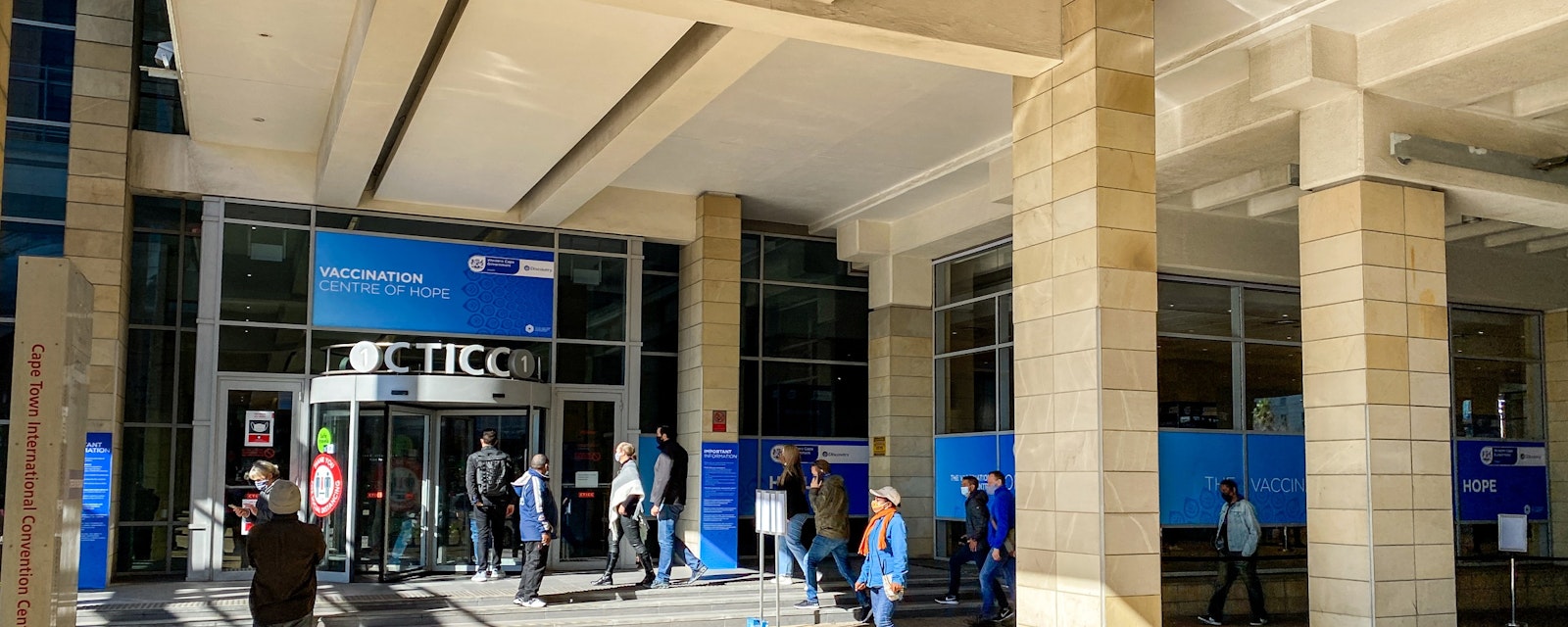An announcement by local scientists on 25 November that a newly identified Covid-19 variant – B1.1.529 – has been detected in the country represents another ill-timed downside for South Africa’s macro outlook.
Although the variant has not yet been declared a variant of concern or interest by the WHO and has also been detected in Hong Kong, Israel and Belgium, downside effects for South Africa are already materializing. The first impact appears to be fresh travel bans and travel tighter restrictions by countries ranging from the UK to Japan, which bode ill for a local travel industry already on its knees. International travel restrictions will reinforce a growing sense that South Africa is being unfairly penalized for a level of scientific research, early warning and transparency that few emerging markets have matched throughout the pandemic.
On the domestic front, it is not yet clear how soon or how harsh a fresh lockdown could be imposed, just weeks ahead of South Africa’s summer vacations. The country has been on lockdown “Level 1” since 1 October, which includes a shortened night-time curfew, some limits on gatherings and mask mandates. Health Minister Joe Phaahla had already expected a fourth Covid-19 wave between mid-December and early January. With the current uptick in cases concentrated in Gauteng province, a return to a strict nationwide lockdown may not be in the offing just yet, though the national coronavirus command council and cabinet are due to meet this weekend to discuss the response.
The government will certainly use the emergence of the variant to reinforce its vaccination call. There is growing concern about the slowing pace of South Africa’s vaccine rollout, even if the country is well ahead of the rest of Africa south of the Sahara. Concerns over vaccine supply earlier in 2021 have quickly given way to waning public demand, driven by public distrust and politicking but also logistical issues such as transport costs. As of 25 November, 42.2% of adults had been fully or partially vaccinated (35.4% fully and 6.8% partially). Among younger people, only 26% in the 18-34 age group have had at least one vaccine dose, compared with 64% of those aged 60 or above. As a result, South Africa looks set to miss its target of vaccinating 70%-90% of the adult population (of 39.8mn adults) by December, as daily vaccine uptake has fallen to an average of 106,000 shots per day, well below the country’s capacity of 300,000. Such is the gap between supply and demand, that with 16.8mn doses in stock, the Department of Health has had to ask for the deferral of deliveries of Pfizer and Johnson & Johnson vaccines – the only two vaccines currently being administered.
To drive up demand, the government has begun to provide incentives, pop-up clinics, vaccination for teenagers, boosters, and digital vaccine certificates. However, the administration has also begun considering vaccine mandates for the public sector. Nevertheless, the recent electoral disaster for President Cyril Ramaphosa’s ANC administration could prolong its prevarication over making vaccines obligatory. The private sector, which has been at the forefront of rolling out vaccines in businesses and is increasingly pushing for vaccine mandates, is still awaiting the outcome of an October high court application seeking to confirm the legality and constitutionality of vaccine mandates in the workplace.




